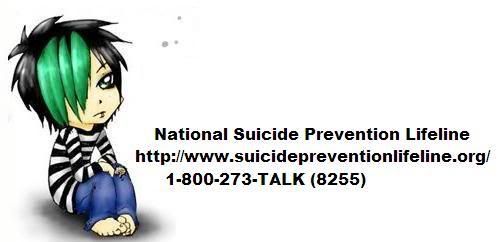So many changes happen as a young person goes from being a teenager to an adult. Most teens experience a lot of emotional ups and downs; hormones are changing and life can seem so difficult. As time with parents lessen it is natural for peer groups to become more important and influencial. As you become an adult, expectations are different and fear of letting people down may become overwhelming.
Thoughts and feelings can be confusing. It is important to stay connected and to identify a parent or trusted adult that you can talk to about the changes you may be experiencing. Friends can be helpful for certain issues, but when the symptoms of a mental illness are present, you need more than a good friend. Studies have shown that teens and young adults are often reluctant to reach out for help because they are concerned what others will think of them.
Factors that may further increase stress and vulnerability:
• Peer pressure
• Alcohol & drug use
• Body image
• School performance
• Balancing work and school
• Life goals
• Changes in responsibility
5 Signs a teen or young adult may need mental health support:
1. Mood swings. It may be difficult to tell the difference between typical “teenage” mood swings and the type of behavior that indicates mental illness; if there is any suspicion that a shift in mood is out of character, seek help.
2. Behavioral changes. Behavioral choices change as teens get older, but if a teen or young adult begins presenting as a different person, this may indicate a mental illness or substance abuse.
3. Problems in school and with friends. A mental illness can distract from concentration, which can affect school performance and the ability to sustain relationships with peers.
4. Physical symptoms. Decreased energy, changes in eating and sleeping, frequent stomach aches, headaches, backaches, and neglect of personal appearance and hygiene (such as showering less often and not keeping up on grooming) can be signs that mental health treatment is needed.
5. Self-medicating. If any indicators of drug or alcohol use, self-harm, an eating disorder, or other forms of escape are present, the link to mental illness may be direct. An effort to make oneself feel better can show a great need for mental health treatment.
Research done by the National Alliance on Mental Illness shows the top 5 mental health challenges for college students.
Myth: Mental illness is something that happens to someone later in life.
Fact: 50% of people with mental illness began having symptoms by age 14, and 75% by age 24.


